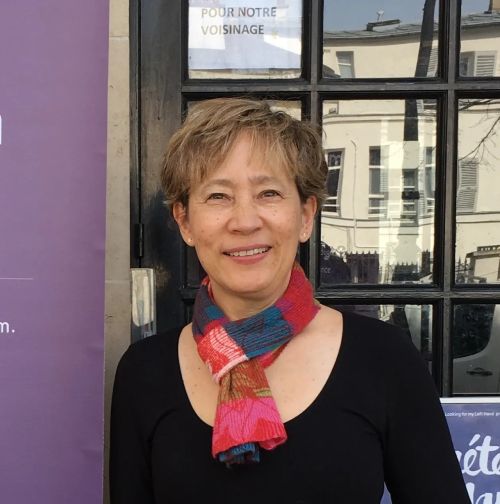Domestic Abuse Counselling
Family domestic abuse is a pervasive issue that affects individuals and families across all walks of life, regardless of their socio-economic status, ethnicity, or gender. It encompasses a range of behaviours aimed at exerting power and control over another person within an intimate relationship, including physical, emotional, psychological, and sexual abuse. Recognising the urgent need to address this critical problem, family domestic abuse counselling is a vital form of support. Elder abuse is more prevalent than we think. If you are suffering abuse at the hands of another family member regardless of age or position in your family, please reach out for some support.

Steps for Family Domestic Abuse Counselling (see also “Elder Abuse”)
1. A safe and confidental space in therapy
The first priority in family domestic abuse counselling and elder abuse counselling is to ensure the safety of the survivor. I aim to create a safe and confidential environment where you can freely express your experiences without fear of judgment. Building trust in a sensitive and gentle way is essential, as you may have concerns about confidentiality and feel apprehensive about sharing your story. You can be assured of my commitment to confidentiality including as mandated by law, such as conducting a risk assessment and acting as needed to maintain safety and reduce harm.
2. Initial Assessment
You will be invited gently to participate in an assessment of your situation, including the nature and extent of the abuse, any immediate safety concerns, and your support network. This assessment helps me gain a more comprehensive understanding of your needs, strengths, and resources. It may involve discussing your history, current living situation, mental health, and any legal or financial challenges you may be facing. We will proceed at a pace that’s comfortable for you. Know that you do not have to tell me anything you don’t want to or feel safe to disclose.
3. Providing Emotional Support and Validation
You will experience empathetic listening and validation in your counselling sessions as we acknowledge your experiences and emotions together and without judgment. This support helps you regain a sense of control over your life and to begin the healing process.
4. Self Reflection and Self Awareness
We will seek to understand the dynamics of abuse, patterns of power and control, and the cycle of violence in your specific situation. Know that you are not alone and that abuse is never acceptable or deserved.
5. Safety Plan
If appropriate in your unique circumstance, we will develop a practical safety plan for yourself (and your dependents and/or pets if you have any) to activate if needed in order to increase safety and reduce the risk of further harm. Safety plans may include identifying safe spaces, documenting evidence of abuse, and making an emergency contact list. If needed we will investigate further resources to facilitate your safety.
6. Trauma and Emotional Healing
Family domestic abuse and elder abuse often leaves survivors with deep emotional wounds and trauma. With a trauma-informed, emotion-focused, and focusing-oriented therapy approach, your counselling sessions are a safe space where you can begin to heal from the emotional scars of abuse, grow your sense of empowered self, and fuel your self esteem in order to regain your sense of self and control over your life.
7. Future Planning
As you get a felt sense of the side of you that struggles and as we develop together your internal way of taking care of it, we’ll begin envisioning a future free from abuse, and set personal and professional goals towards gaining and regaining your sense of well being. This may involve exploring opportunities in your life (eg. further education, job training, building a supportive network). Nurturing your growing, empowered, autonomous self will lead you to trust in yourself again and in making informed choices about your future, that are right for you.
8. Follow-up and Continued Support
At some point down the track, you will feel empowered and better in yourself, and may wish to take a break from counselling. The timing of this is different for everyone and depends on your unique circumstances. When this occurs, please know that I will continue to provide ongoing counselling support as needed. Regular follow up sessions can be helpful to address any new emerging or reemerging concerns as can making connections to community resources, support groups, and other professionals and specialists.
The journey for each survivor is unique, and the duration and intensity of counselling will vary depending on your specific needs. The steps outlined above provides a general framework for family domestic abuse counselling and elder abuse counselling to move towards a path of healing and a regaining of emotional, psychological and physical well being.
Please contact me to schedule a free initial consultation.
0404 529 704 | karen.thomas@HummingbirdTherapy.org
Online and In-Person Sessions Available

In case you need immediate help:
In case you need immediate help:
